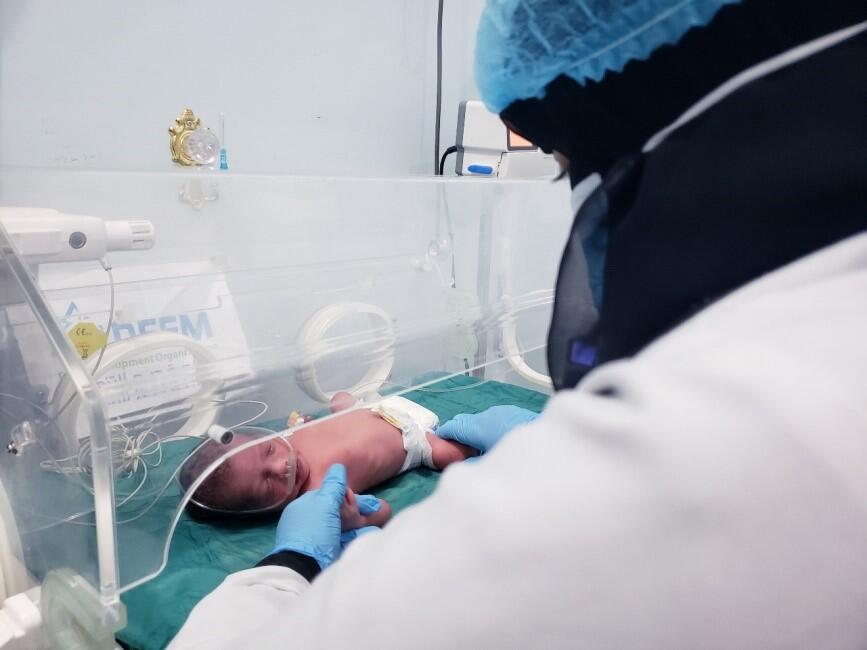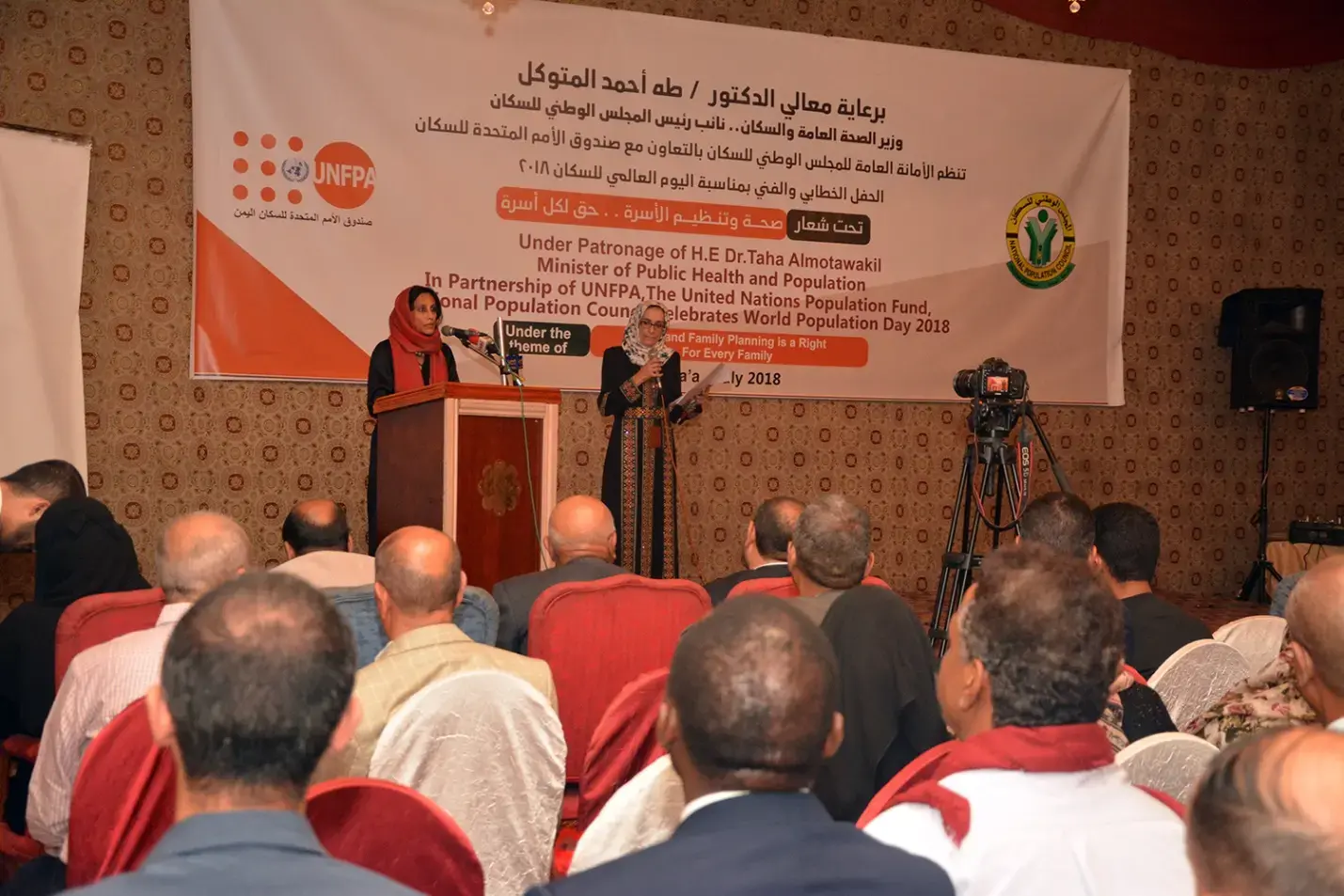Taizz, Yemen - Huda, prepared to give birth to her first child at home with the assistance of a midwife in Sharaab Al Runa district, Taizz Governorate. Huda’s husband was at home after contracting COVID-19; their earnings were exhausted to afford the transportation cost or the charges to deliver in a health facility.
Huda attempted to give birth naturally but failed.
“The pain I endured was unbearable. I was desperate to go to a hospital to give birth but we could not afford it,” tells Huda.
Her husband tried for several days to secure funds to cover the transportation cost to travel to Hajda Hospital, where advanced health services were available. He then took her to the nearest health centre, but the centre did not have the facilities to assist Huda.
“There was nothing more I could do, Huda urgently needed a caesarean section. Time was running out. It was a life or death situation,” told the midwife that assisted Huda at home.
Finally, Huda’s husband found the money for transportation and took Huda to Hajda Hospital in Taizz.
“I was really broken when we could not find the money. As soon as we entered the hospital I told the medical staff to save my wife first. Huda’s life mattered the most,” said Huda’s husband.
The medical team quickly intervened and undertook a series of tests before going in for a caesarean section.
Huda came out safe with a healthy baby boy.
“I am so grateful to the medical staff, the nurses, the midwives andthe doctors. They saved my life and my baby,” told Huda with a smile.
With support from the Qatar Fund for Development, UNFPA has been able to upgrade health services at Hajda Hospital.
The Qatar Fund for Development supports 10 health centres and district hospitals across three governorates in Yemen.
“Many people, especially women die because of the lack of health services in remote areas. Having the medicines, supplies and facilities, provided free of charge like at this district hospital is helping us to save lives,” said the gynecologist at Hajda Hospital.




